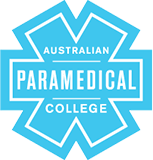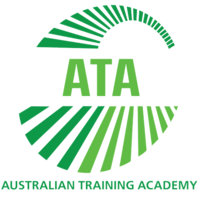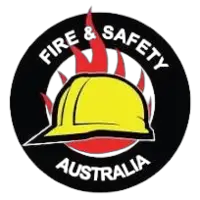
This role has a moderate level of AI exposure. AI can enhance efficiency for some tasks, but this job still relies on human skills and decision-making.
Explore all careersAn Emergency Services Officer (ESO) ensures site safety during emergencies, assesses situations, and arranges medical treatment for casualties.
Get qualified to work as an Emergency Services Officer (ESO) with a course recognised across Australia. Speak to a training provider to learn more.



















In Australia, a full time Emergency Services Officer generally earns $1,500 per week ($78,000 annual salary) before tax. This is a median figure for full-time employees and should be considered a guide only. As you gain more experience you can expect a potentially higher salary than people who are new to the industry.
 Courses.com.au Team
Courses.com.au Team
The emergency response sector has seen a strong increase in employment numbers over the last five years. There are currently 19,700 people working in this field in Australia and many of them specialise as an Emergency Services Officer. Emergency Services Officers may find work across all regions of Australia.
Source: Australian Government Labour Market Insights
 Courses.com.au Team
Courses.com.au Team
If a career as an Emergency Services Officer interests you, consider enrolling in a Diploma of Paramedical Science. This course will prepare you for an emergency response role with subjects covering basic life support and transport of patients to a medical facility.
 Courses.com.au Team
Courses.com.au Team
Browse occupations related to Emergency Services Officer (ESO)



Considering a rewarding career in emergency services? The Emergency Services Officer (ESO) courses in Brisbane offer a diverse range of training options suitable for both beginners and experienced individuals. With 18 courses available, including popular options such as the Certificate III in Emergency Response and Rescue RII30719, and the more advanced Diploma of Emergency Health Care HLT51020, aspiring Emergency Services Officers will find plenty of opportunities to grow their skills in the bustling Brisbane area.
Many of the Emergency Services Officer (ESO) courses in Brisbane cater to those with no prior experience, making it easy for newcomers to start their journey in this essential sector. For instance, you might want to consider the Apply Fatigue Management Strategies TLIF2010 or the Lead an Emergency Control Organisation PUAFER006. These courses build foundational knowledge crucial for various roles within the emergency services landscape.
After completing the relevant training, graduates can explore a variety of related job roles, including Emergency Medical Technician, Ambulance Service Paramedic, or even Paramedic. Whether your goal is to work as an Aviation Medic or to take on the challenges of an Emergency Medical Dispatcher, the training providers in Brisbane ensure you receive the high-quality education needed to excel in these critical roles.